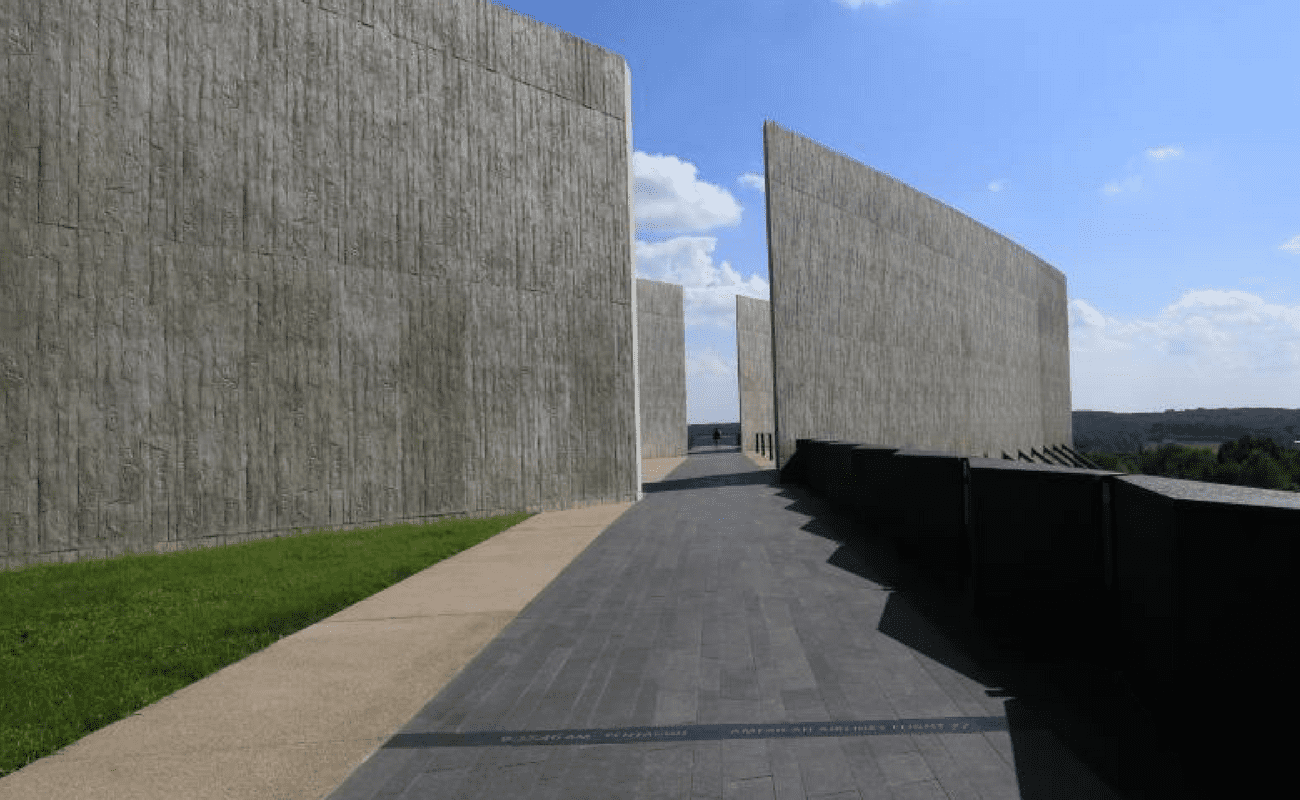How to Talk to Your Kids About 9/11
On the anniversary of the 9/11 attacks, our experts can help you explain the tragedy to your children.

Each year, September 11 is a day of reflection and remembrance on the anniversary of the 2001 terrorist attacks. We lived through it, and that gives us a very different perspective. But how can your kids mark an occasion that they have no memory of? And what should you say when your children ask about what happened?
“It’s natural for parents to want to shield their children from the reality of the terror attacks of 9/11,” said Angela Cantwell, MSN, RN-BC, clinical director of nursing at Einstein Behavioral Health. “It’s a crucial part of our nation’s history, we can’t avoid having the discussion at some point, whether it be because a child saw news footage from the events, or they are learning about it in school.”
Pennsylvania, of course, had its own chapter on that terrible day. The Shanksville field where United Flight 93 crashed is now a national park, and does an observance event each year. Some local towns also hold gatherings.
Unless they’re very young, your kids will hear about 9/11 around the anniversary, whether it’s at school, on the news, or just in conversation. Here’s what some experts said to help you prepare to address the situation:
Reach out. Ask school teachers and administrators how they will be discussing the topic, said psychologist Stephanie Newberg, M.Ed, MSW, LCSW, in private practice in Bryn Mawr.
Ask them to go first. This approach keeps the focus on what your child is wondering. “Only answer the child’s questions,” said Merlin Muhrer, M.Div., LMFT, a licensed marital and family therapist with Einstein Healthcare Network. “Then check to see if they have more. Listening is critical, and focus on the child’s concern.”
Get perspective. Kids are not adults; they process things differently than we do. Knowing this should help you decide which details to discuss. Your teenager may be able to handle the harsher realities, whereas a younger child might need less detail, said Cantwell.
You don’t have to have an answer. It’s OK to say “I don’t know,” but be sure to follow-up, said Muhrer, especially when it comes to this ongoing complex subject we’re still living with. “Not getting back to them could send the message that it’s not OK to address this issue or that their question is not important,” said Tony Morelli, MSS, LSW, CT, director of off-site programs at Peter’s Place in Radnor. Recognize not-knowing as an opportunity to model learning as you investigate together for an answer. Also, be prepared for them to ask about death, according to 911memorial.org. “Answer these questions in a way that is honest and developmentally-appropriate.”
Talk about the good as well as the bad. The 9/11 anniversary is a good time to reinforce the idea there are people in the world who do bad things, and not all people are bad, Cantwell said. Explain how there are plenty of good people who help out when bad things happen, such as police officers, neighbors, family, firefighters, nurses, and teachers. “There are modern day heroes in our midst every day,” she said. “People band together to heal, to fix, and rebuild, just like our country did after the attacks.”
Reassure them of their safety. Even though we can’t guarantee their safety 100 percent of the time, we know terrorism is rare. Remind them they are safe at home.
Our kids regularly inspire us with their resilience, but in some cases children develop fears and anxieties upon learning about the scary events 9/11 which may present in different ways, said Cantwell. Among them are:
• Irritability
• Trouble sleeping or nightmares
• Regressive behaviors (bed wetting, thumb-sucking)
• Fear of going into crowds or cities
• Preoccupation with dark thoughts (death, dying, war)
If symptoms present and persist, added Cantwell, it might be a good idea for your child to speak with a school nurse or psychologist.
You may also want to consider a visit to the National September 11 Memorial & Museum in New York City. This experience can be quite emotional and parents should take in to consideration the ages and emotional maturity of their children before going. The website warns that the core exhibits inside the museum may not be appropriate for children under age 10. The outdoor memorial consisting of twin reflecting pools each nearly an acre in size and feature the largest man-made waterfalls in North America. The pools sit within the footprints where the Twin Towers once stood. The names of every person who died in the 2001 and 1993 attacks are inscribed into bronze panels edging the Memorial pools, a powerful reminder of the largest loss of life resulting from a foreign attack on American soil and the greatest single loss of rescue personnel in American history. In this outdoor memorial you can also visit the “Survivor Tree”. A Callery pear tree became known as the “Survivor Tree” after enduring the September 11, 2001 terror attacks at the World Trade Center. In October 2001, the tree was discovered at Ground Zero severely damaged, with snapped roots and burned and broken branches. The tree was removed from the rubble and placed in the care of the New York City Department of Parks and Recreation. After its recovery and rehabilitation, the tree was returned to the Memorial in 2010. New, smooth limbs extended from the gnarled stumps, creating a visible demarcation between the tree’s past and present. Today, the tree stands as a living reminder of resilience, survival and rebirth.
Photograph of the Flight 93 National Memorial Visitor Center Complex courtesy of the National Parks Service.



NO COMMENTS